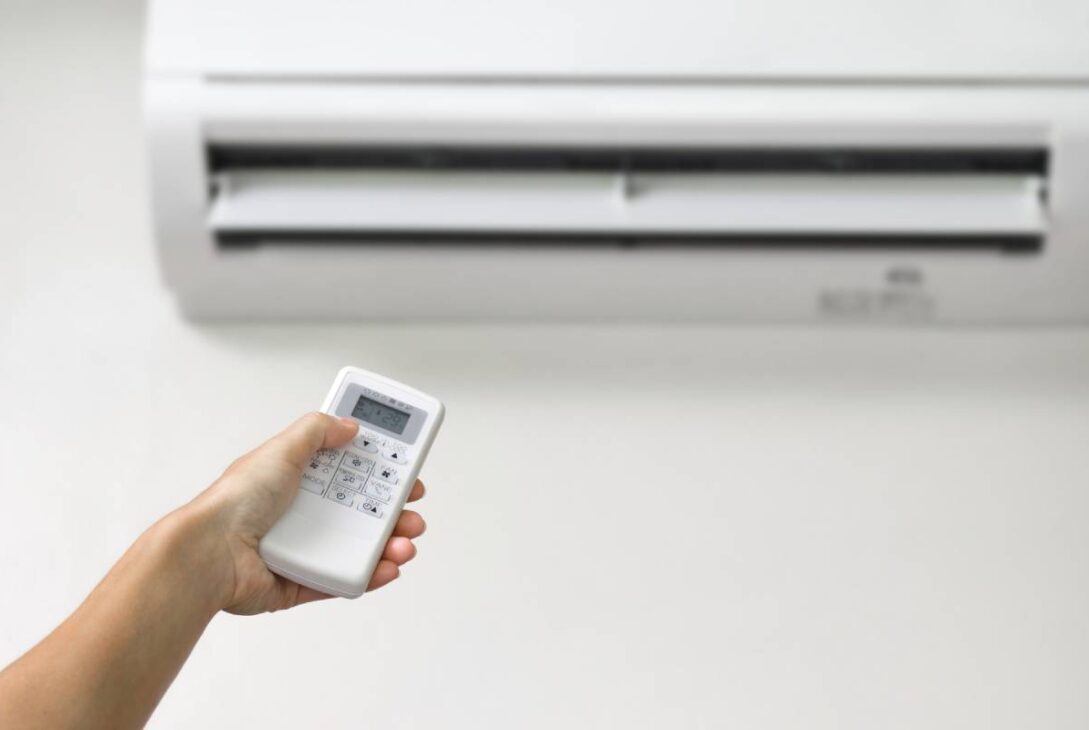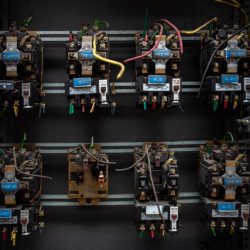When summer temperatures soar, air conditioners become essential in homes and workplaces across the country. They provide relief from the heat and create a comfortable indoor environment.
But with rising electricity bills, many people try to reduce energy consumption by turning off the air conditioner whenever they leave the room—even if it’s just for 10 to 15 minutes.
At first glance, this habit may seem smart and responsible. However, experts say this kind of energy-saving tactic might backfire and end up costing you more—both in electricity bills and the lifespan of your AC unit.
Why It’s a Bad Idea to Turn Off the AC for Just 10–15 Minutes
If you’re only stepping out of the room briefly, say for 10 to 15 minutes, turning off the air conditioner is not the most efficient choice. According to HVAC professionals, leaving the air conditioner running during short absences is actually more energy-efficient and less damaging to your equipment.
Why? Because turning it off and on in quick succession forces the system—particularly the compressor and fan—to work much harder when restarted. This extra strain increases power consumption and causes premature wear and tear on internal components.
How Air Conditioners Really Work
To understand this better, it helps to know how your air conditioner functions. An AC unit removes heat from the room and releases it outside. When you turn it off, the room quickly heats up again—especially in areas without proper insulation or with large glass windows that let in heat.
Now, when you return and turn the AC back on, it must work at full capacity to bring the temperature back to your preferred setting. This “re-cooling” process uses far more energy than simply maintaining a steady room temperature for those 10–15 minutes.
In short, the AC’s compressor has to work extra hard to cool the hot room down again, which is exactly what increases energy usage—not reduces it.
Frequent On-Off Cycles Damage the AC Unit
Aside from energy waste, frequently turning your AC on and off can reduce the lifespan of your unit. The constant restarting places additional stress on internal parts such as the:
- Compressor
- Fan motor
- Relay switches
This leads to faster degradation, resulting in more frequent breakdowns, increased maintenance costs, and possibly needing a replacement unit sooner than expected.
It’s Like Stopping and Starting Your Car at Every Traffic Light
Imagine riding a motorcycle and turning off the engine every time you stop at a red light—even for a few seconds. Then restarting it again to move forward. Over time, this excessive stopping and starting would wear out the engine faster and consume more fuel overall.
It’s the same with your air conditioner. Letting it run continuously for short periods is more efficient and less harmful than repeatedly turning it off and on.
What Happens to Room Temperature in 15 Minutes?
You might be surprised how quickly the temperature inside a room can rise once the AC is turned off. Within 10–15 minutes, the temperature can spike significantly—especially in rooms without heat insulation or those with direct sunlight.
When you return and turn the air conditioner back on, it has to work harder to remove all the built-up heat and humidity, making the unit less efficient and your energy bill higher.
Smart Ways to Save Electricity Without Turning Off the AC
If you know you’ll be out of the room for a short time, there are smarter ways to conserve energy without completely turning off the AC:
1. Raise the Temperature Temporarily
Increase the temperature setting to around 28–30°C while you’re away. This reduces the workload on the compressor without letting the room heat up completely.
2. Use Energy-Saving Modes
Most modern air conditioners come with “Eco” or “Sleep” modes. These settings reduce power consumption while maintaining a comfortable temperature.
3. Close Curtains and Doors
Minimise heat exchange by drawing curtains and shutting doors. This helps the air conditioner maintain the desired temperature without overworking.
When Should You Actually Turn Off the AC?
If you’re going to be away for longer than 30 minutes, it makes sense to turn off the air conditioner completely. In this case, the energy saved from not running the unit outweighs the power used to re-cool the room upon your return.
Similarly, during cooler evenings, you may not need the air conditioner at all. Using a fan instead can help reduce electricity usage while still keeping you comfortable.
The Real Cost of “Saving” the Wrong Way
It’s easy to assume that turning off appliances always leads to savings. But in the case of air conditioners, this isn’t always true. Improper usage habits like switching the unit off during short absences can actually cost you more in the following ways:
- Higher electricity bills from overworked compressors.
- Reduced machine efficiency from constant restarting.
- Shortened lifespan of components, leading to higher repair or replacement costs.
- Increased discomfort from returning to an uncomfortably hot room.
Smart Energy Efficiency Starts with Understanding
Understanding how your air conditioner works and using it wisely is the key to real energy savings. Instead of relying on outdated habits or assumptions, adopt smarter strategies like adjusting temperature settings, using built-in eco modes, and maintaining good insulation in your space.
By doing so, you can enjoy consistent comfort and save money—without damaging your AC unit in the process.
In Summary:
- Don’t turn off the air conditioner if you’re stepping out for just 10–15 minutes.
- Turning it off and then on again shortly after consumes more energy and stresses the system.
- Use temporary temperature increases or energy-saving modes to reduce power consumption during short absences.
- Reserve full shutdowns for longer periods away from the room (30 minutes or more).
- Smart usage habits = lower bills + longer lifespan for your air conditioner.
By staying informed and adjusting how we use everyday appliances like air conditioners, we can avoid common pitfalls that silently drain our wallets and impact the environment. So the next time you’re walking out of a cool room for just a few minutes, let the AC keep humming quietly—you’ll thank yourself later.









